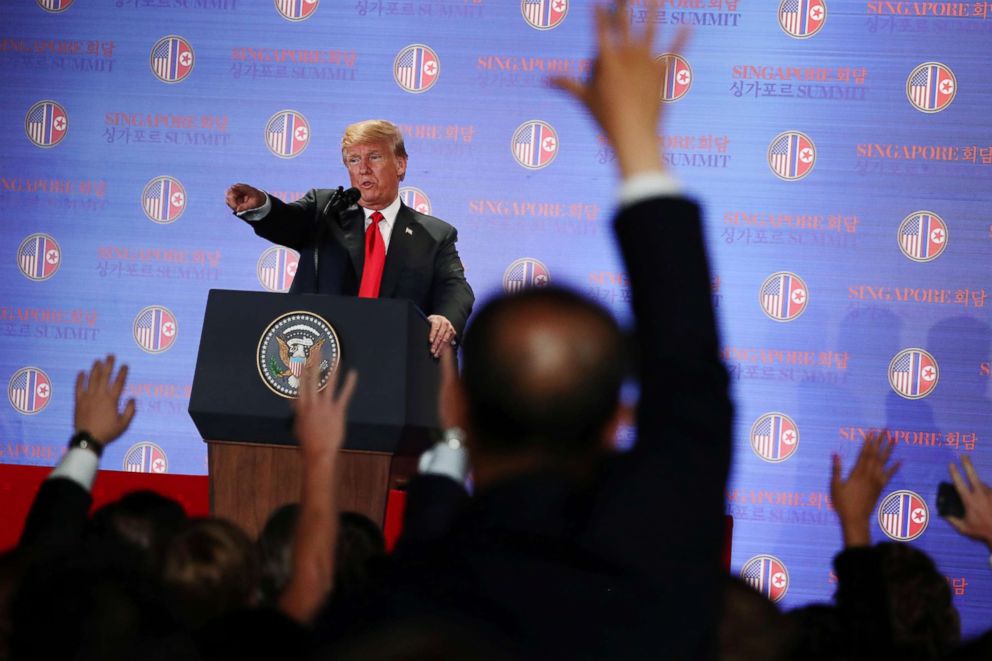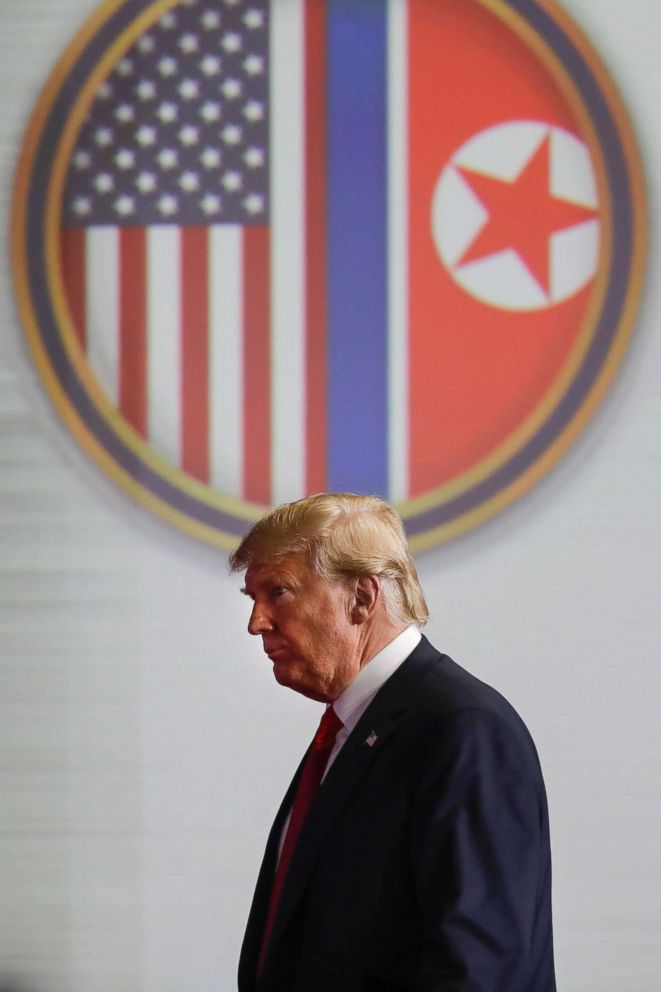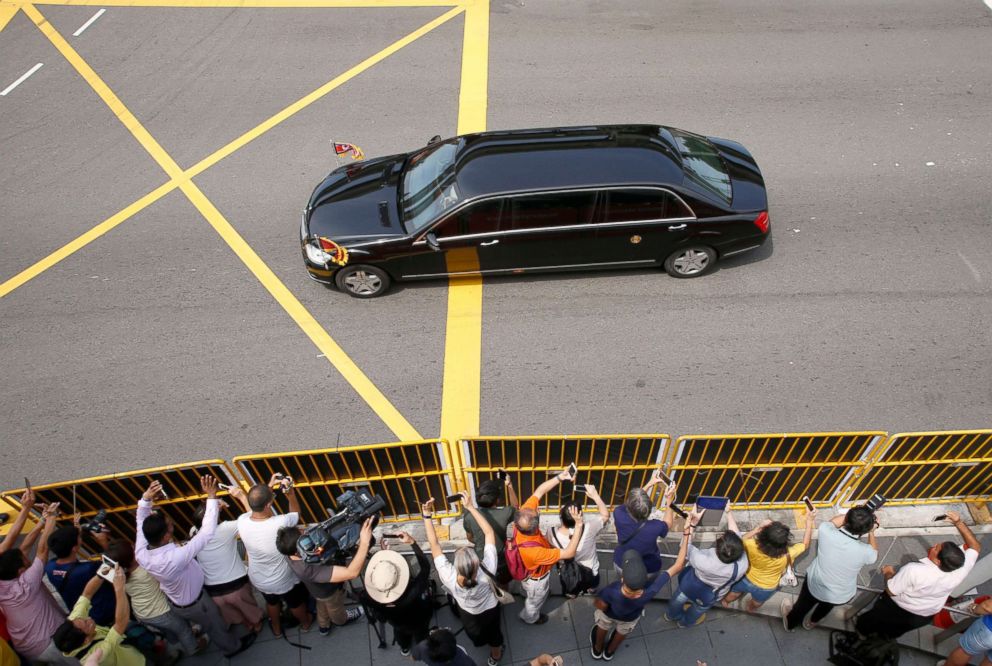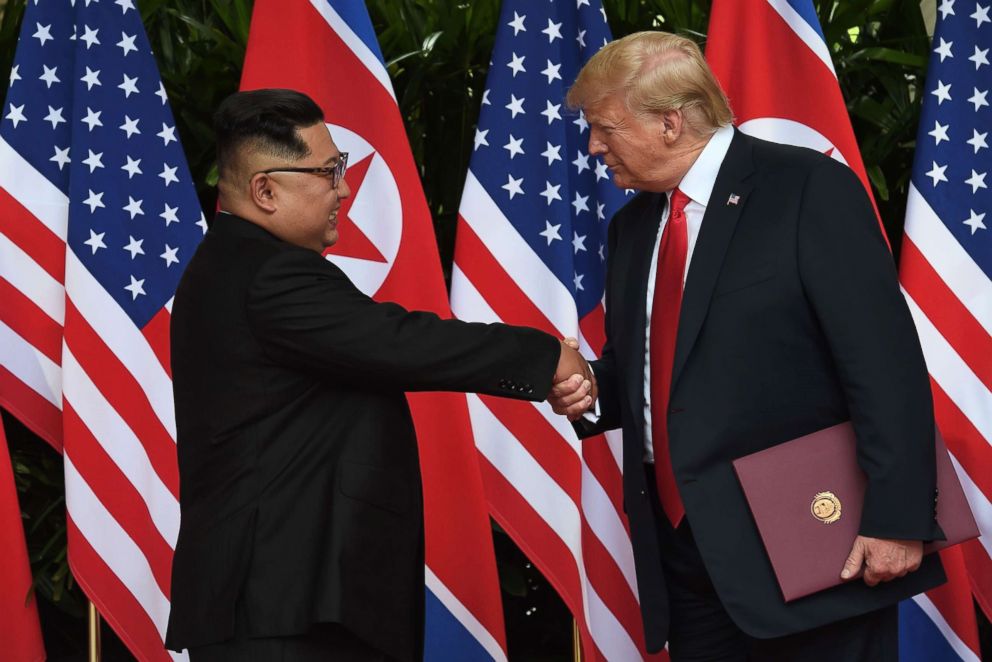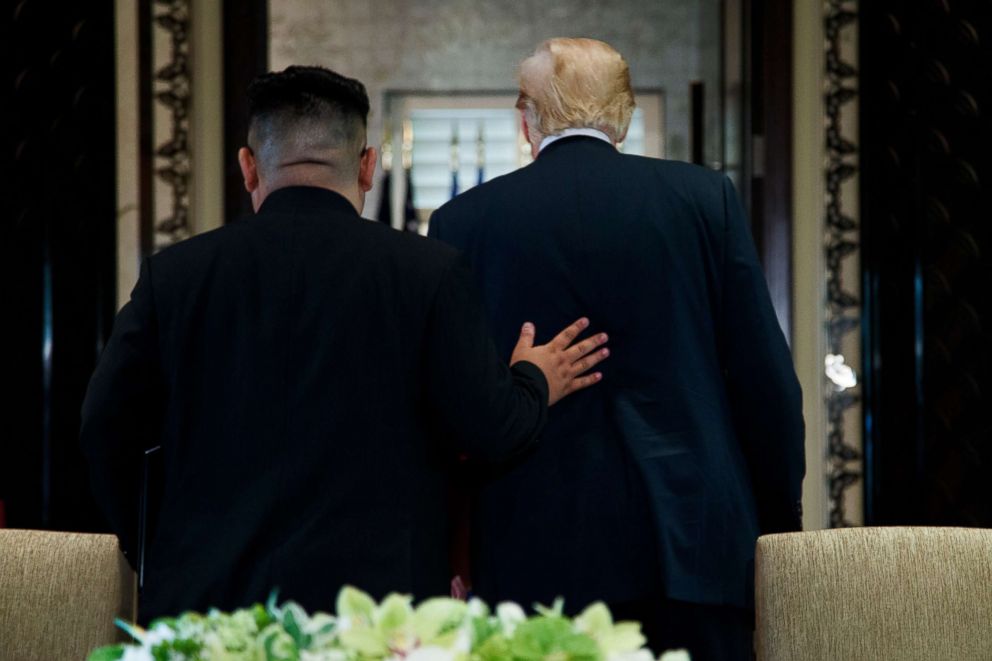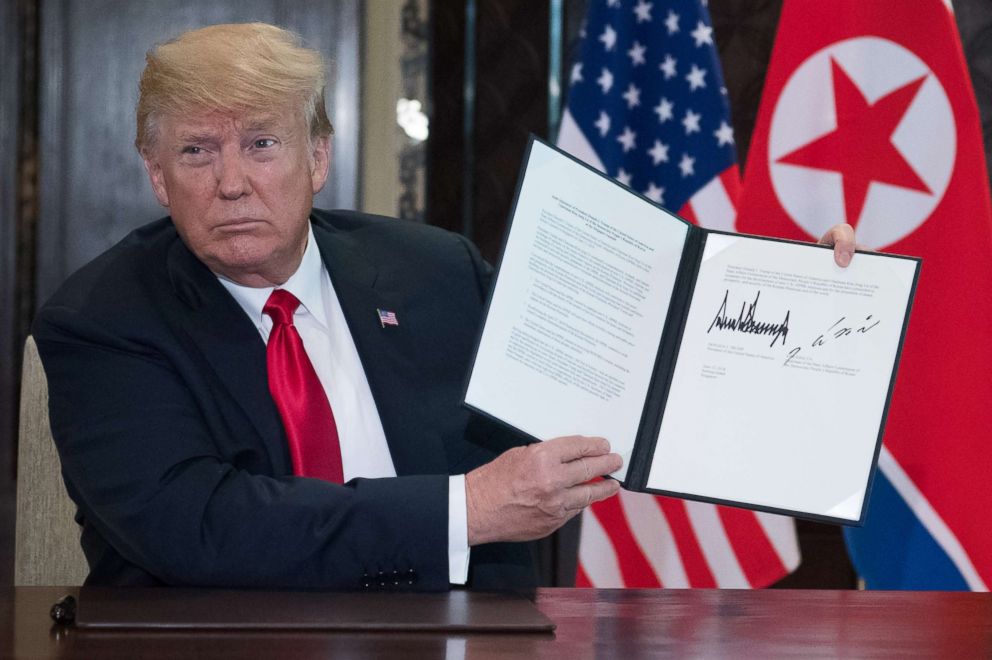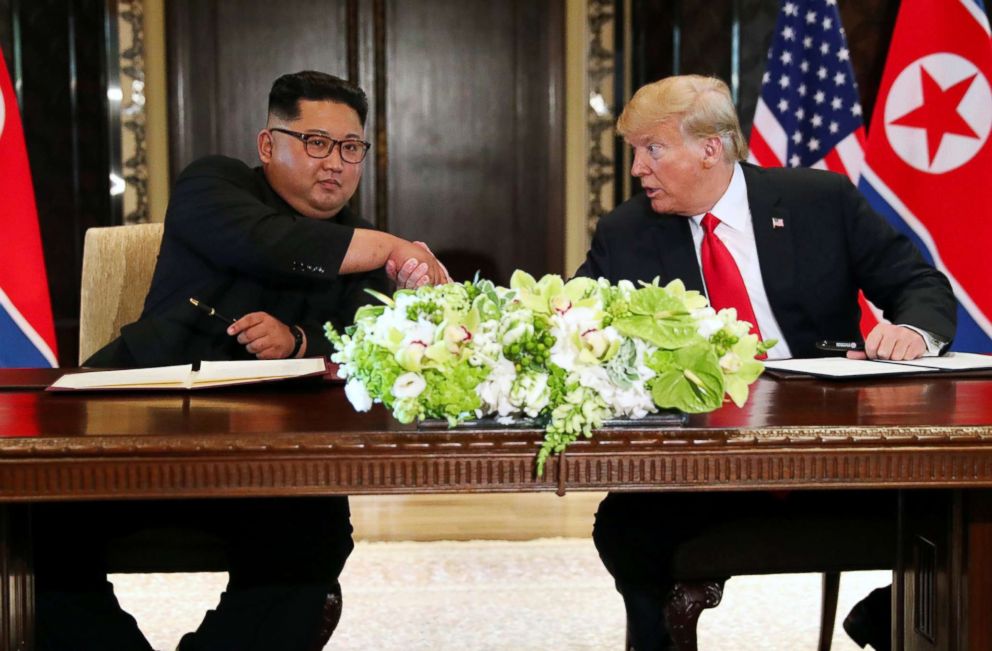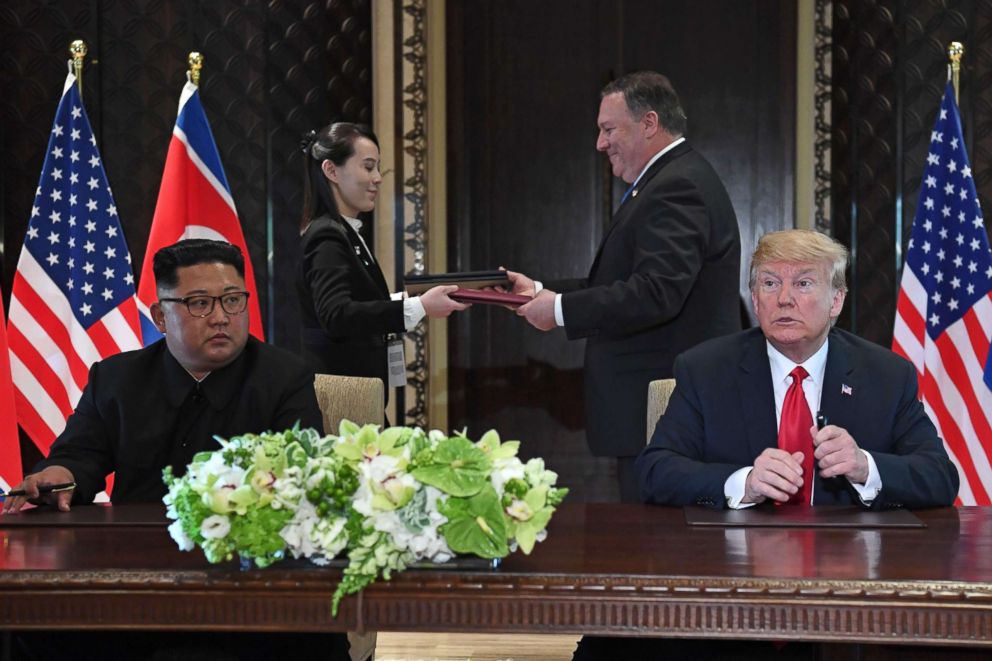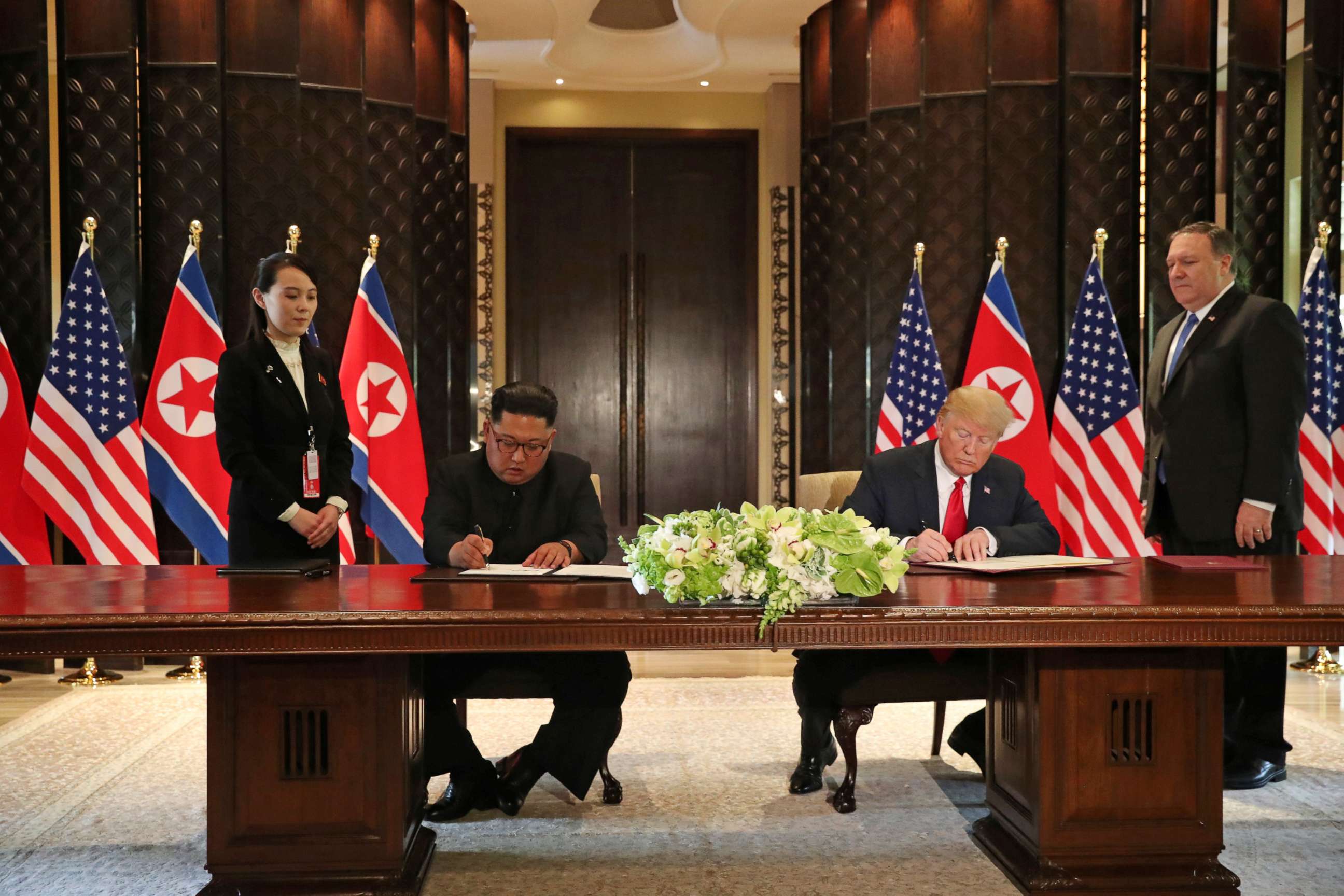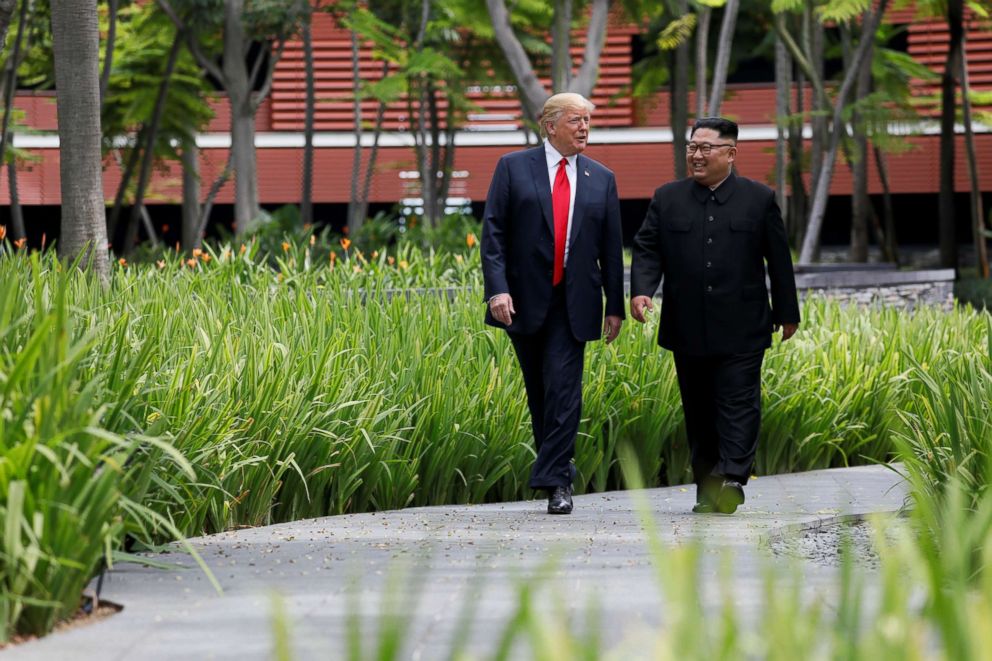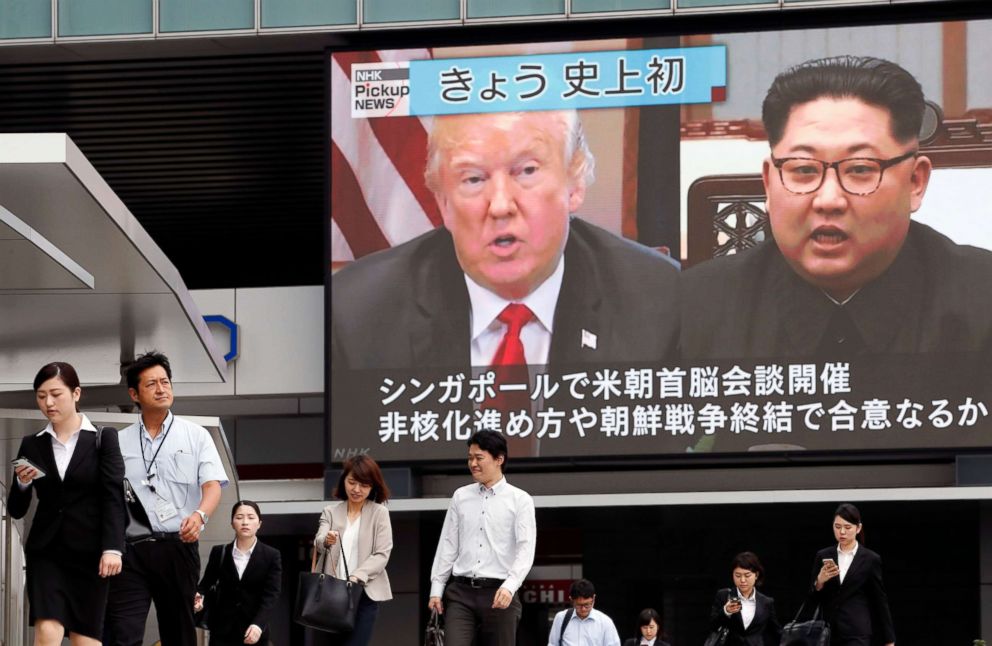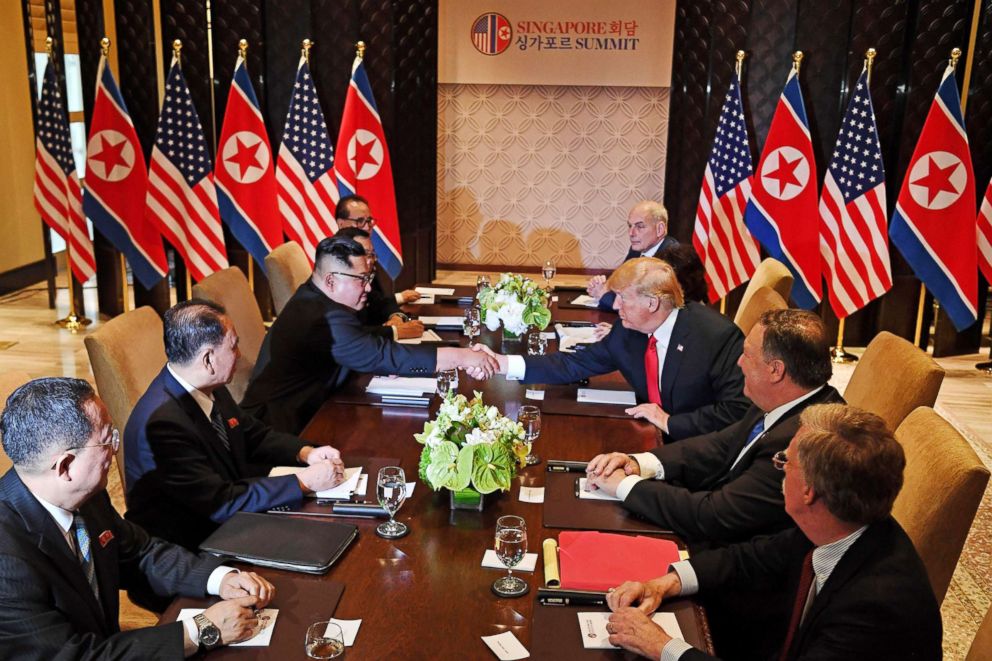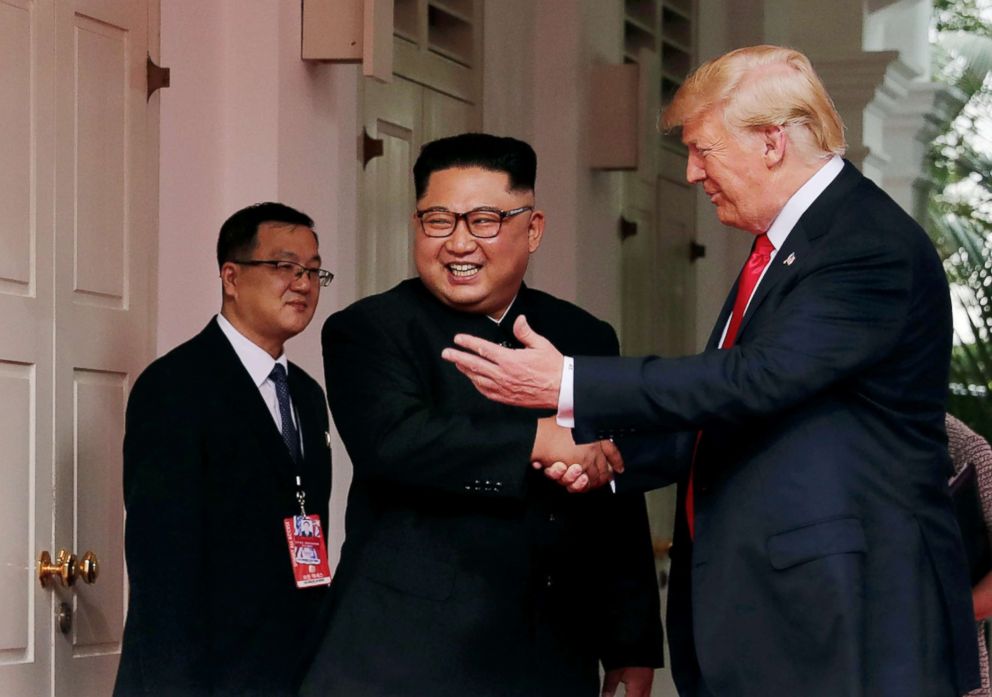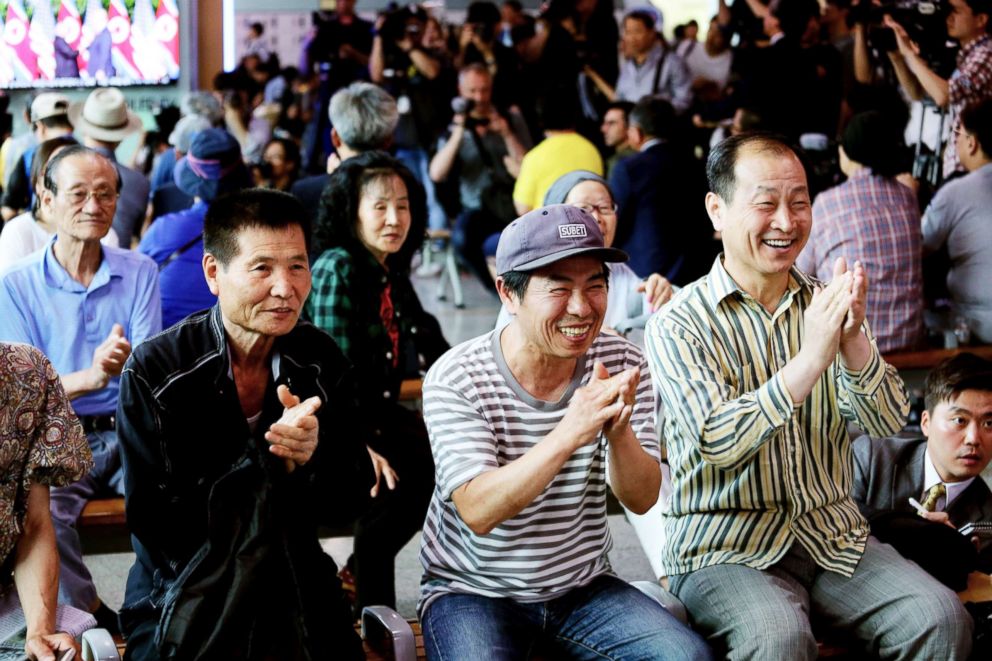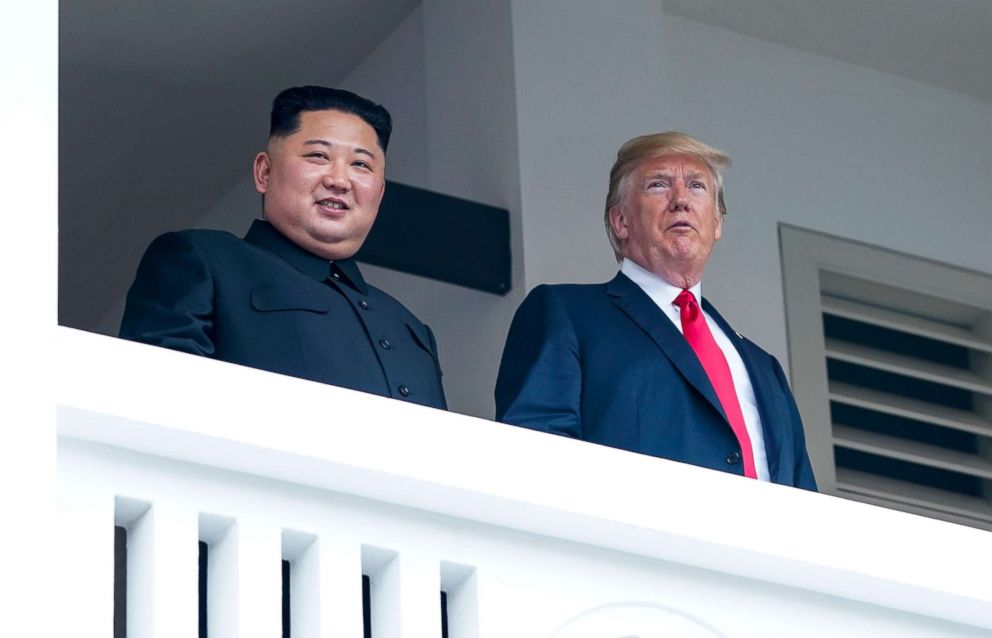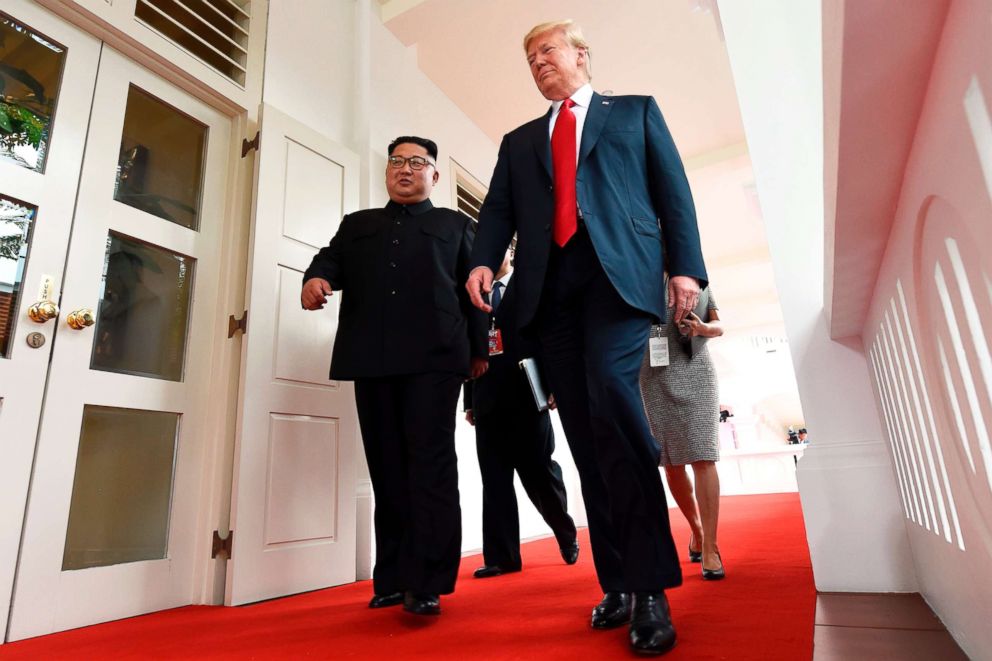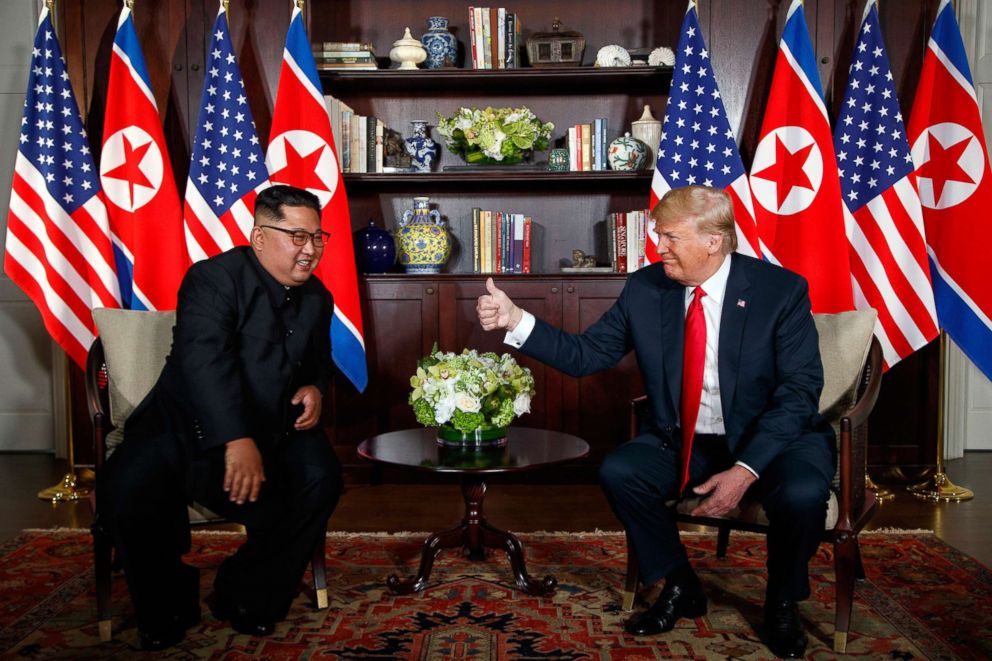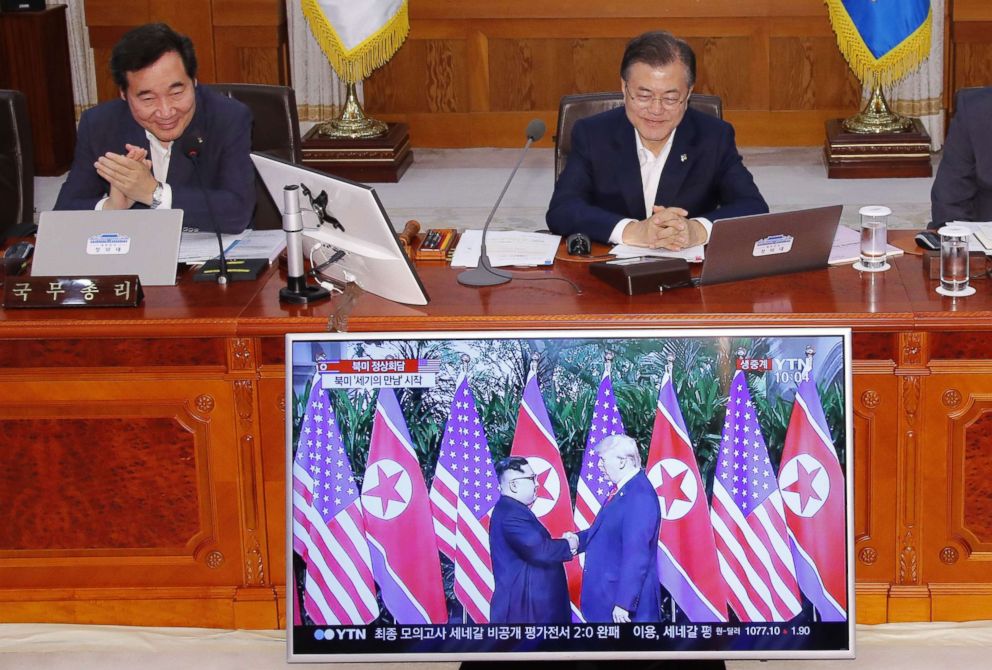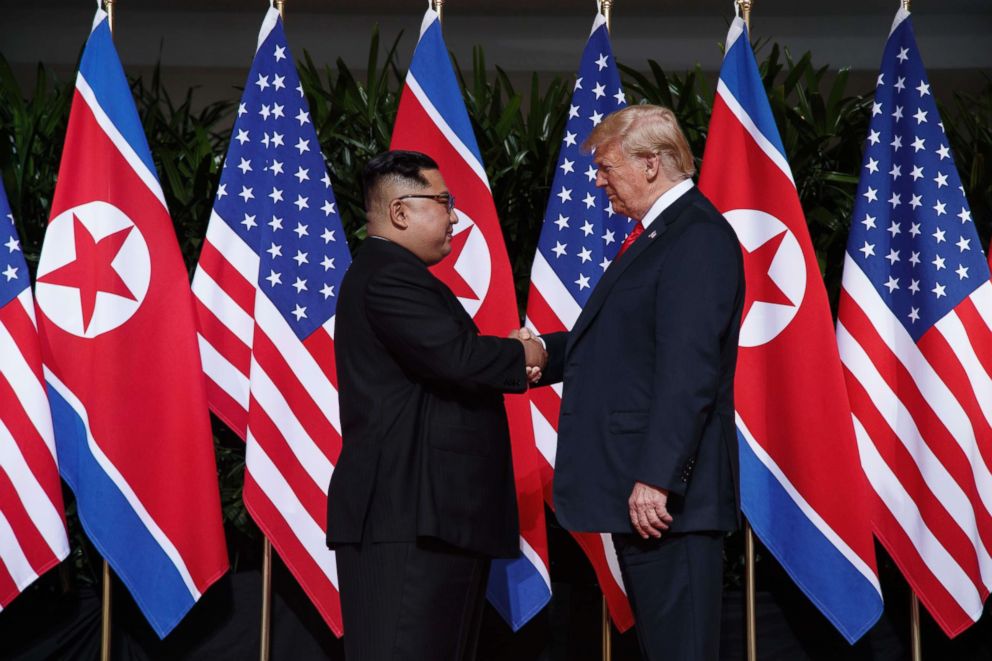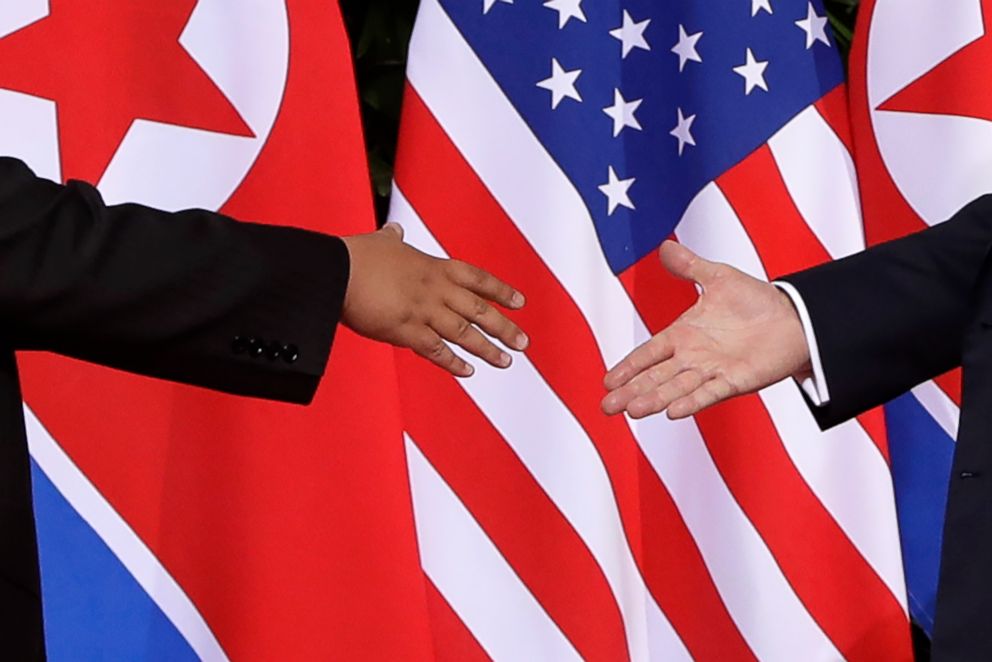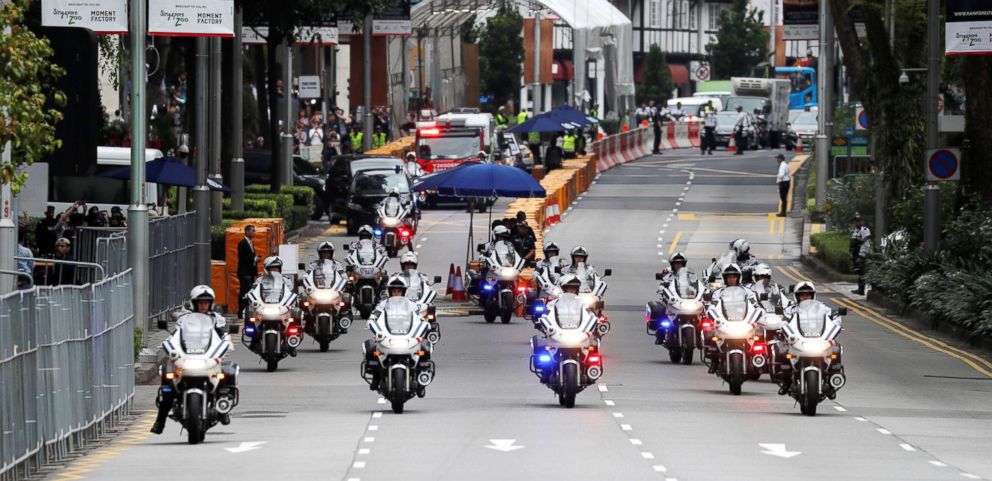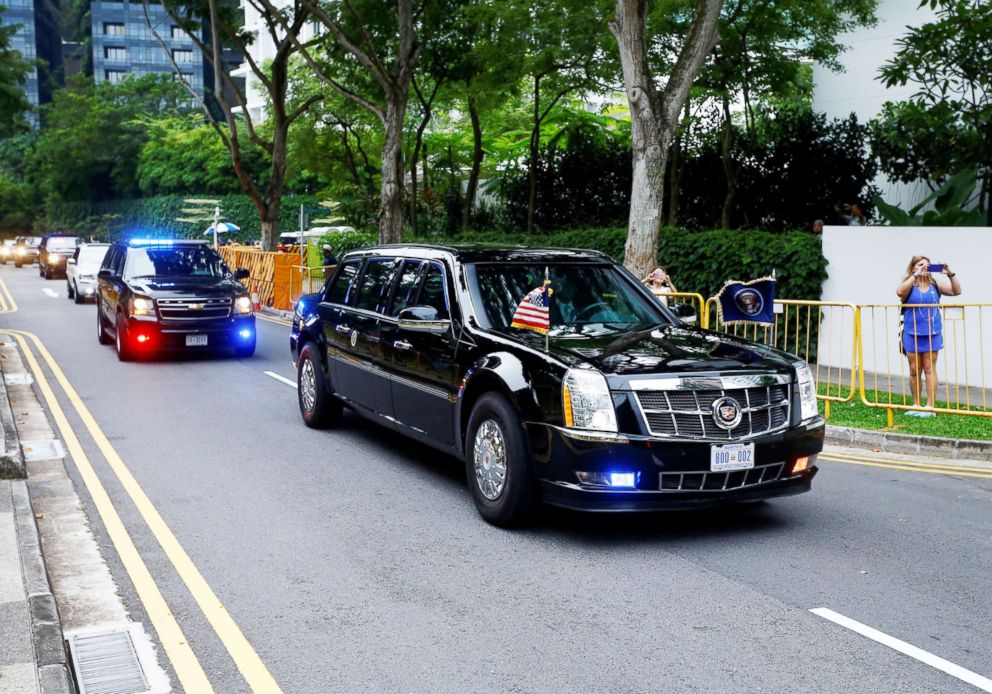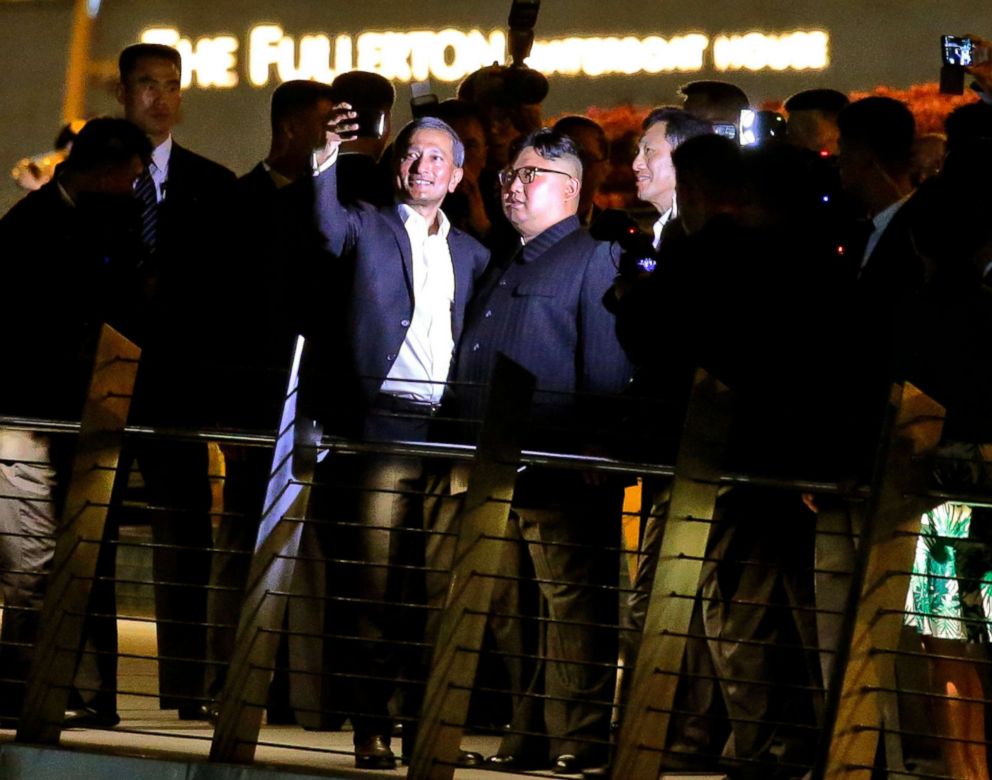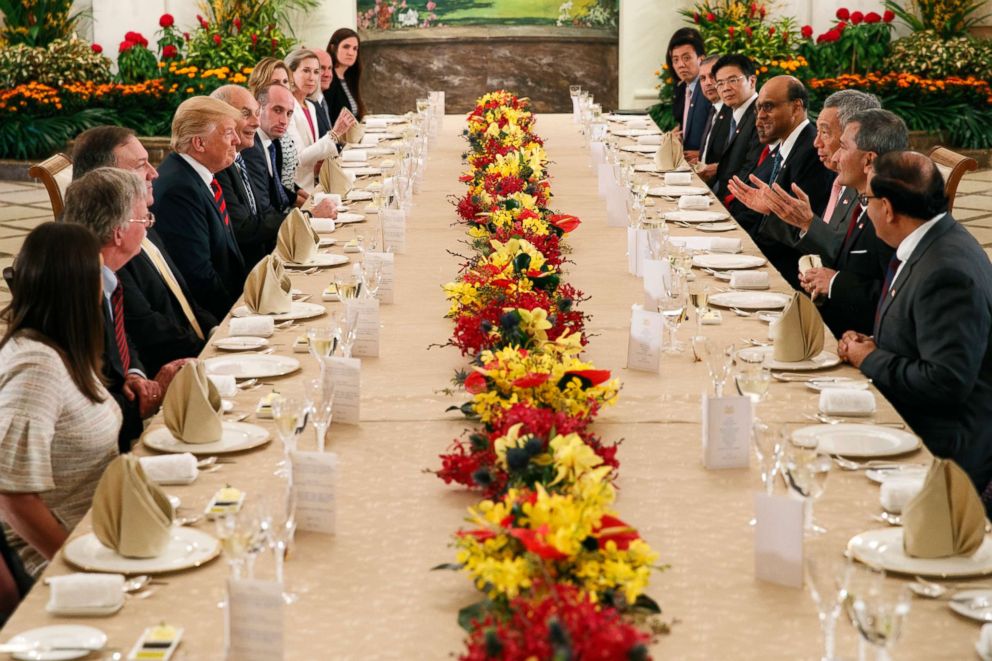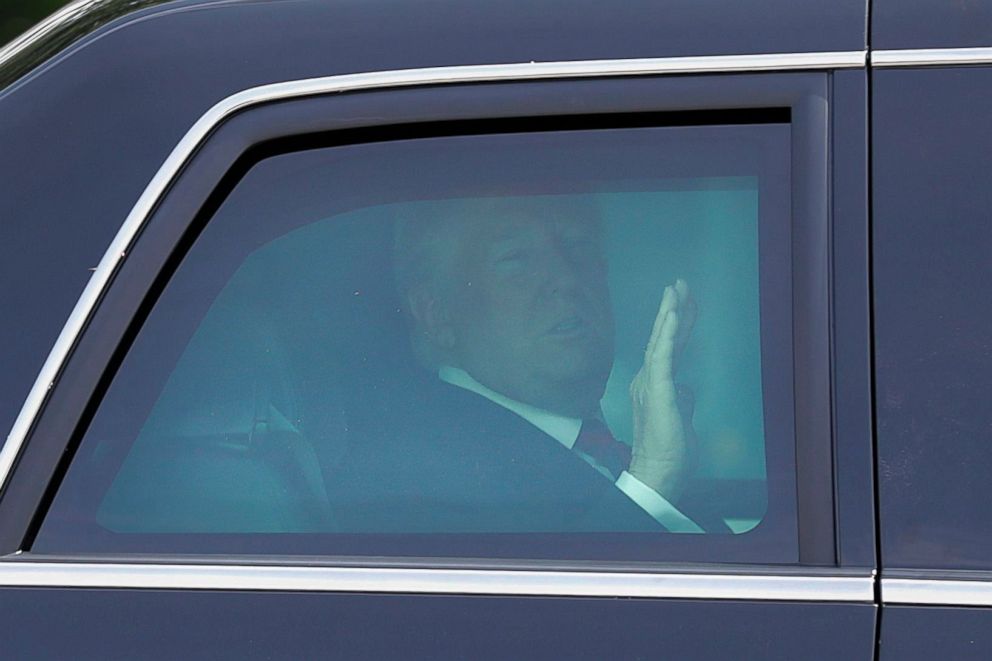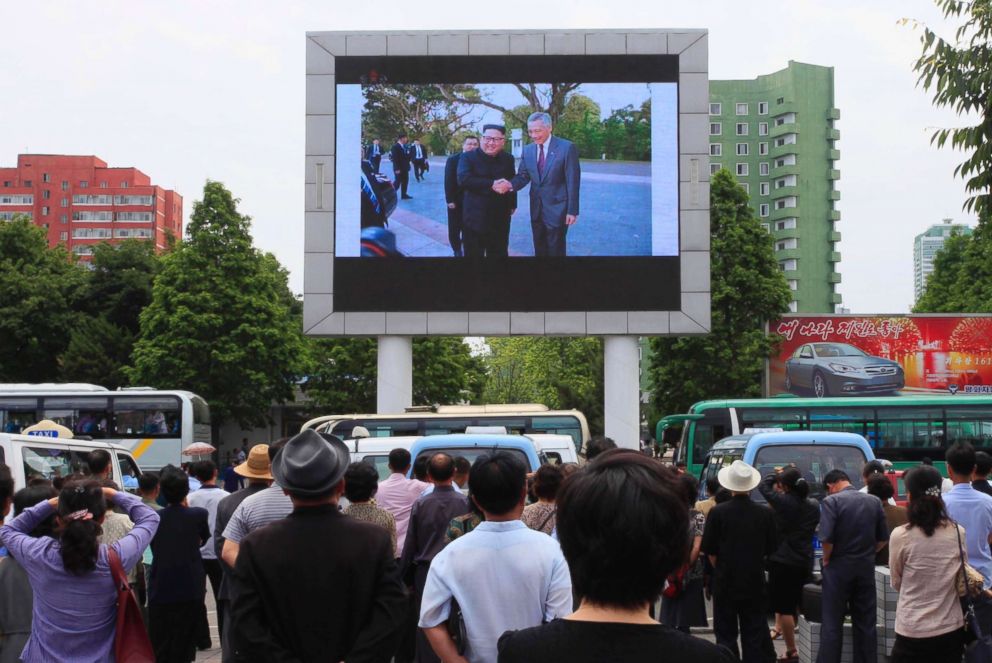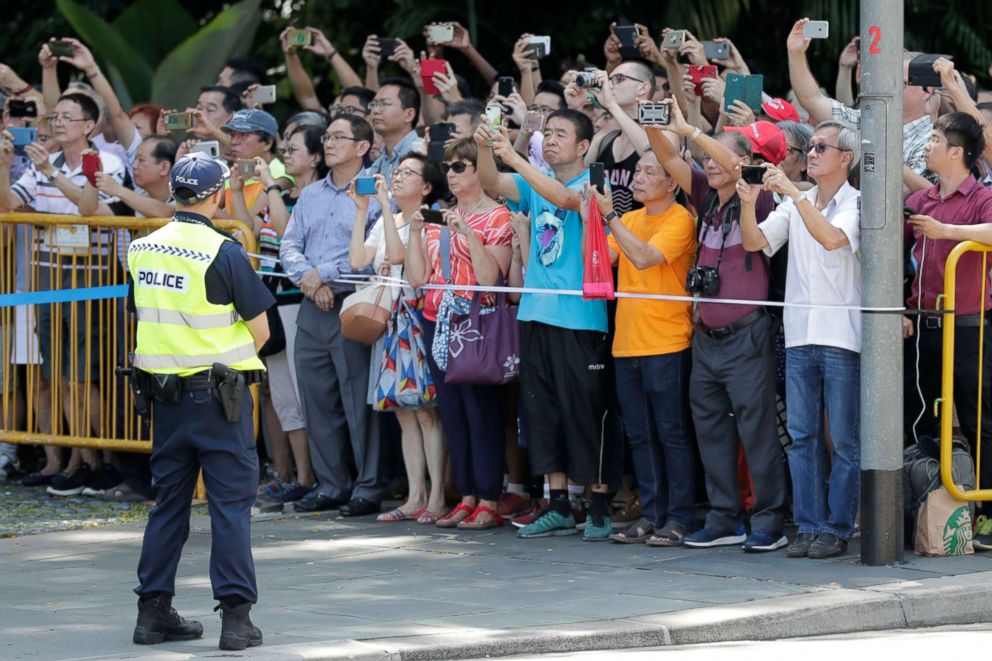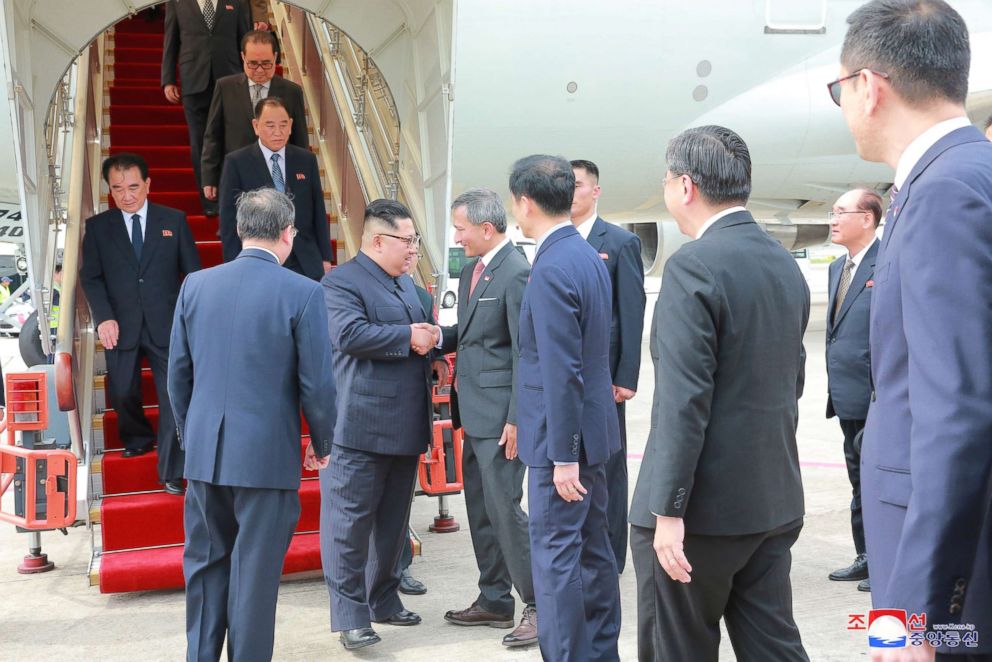Pressure on Trump at Korean summit is extraordinary - so is potential for progress: ANALYSIS
Trump must lower expectations and maintain U.S. integrity.
This week, President Donald Trump will have his second nuclear disarmament summit with the North Korean Supreme Leader Kim Jong Un. Vietnam will play host and, despite reduced tensions, the stakes remain high.
By most accounts, North Korea has nuclear weapons affixable to long range missiles. In fact, they seem to have a growing arsenal. Experts say more than 30, with the ability to strike South Korea, Japan, and -- likely -- the United States.
The clock is ticking. Sanctions have tightened, thanks to a highly-cohesive and unusually diverse international coalition assembled by the United States. But, the resolve of its members has historically been fickle and minor cracks in enforcement are beginning to show. More importantly, evidence indicates that the North Koreans have already gone back on their promise to denuclearize by secretly continuing to produce fissile material.
This saga has played out for the past 20 years.
In 1994, President Clinton led bilateral talks with Kim Jong Un’s father that produced an “agreed framework” for a slow drawback, starting with a freeze in the North Korean plutonium production program followed by eventual disarmament.
The U.S. was slow in meeting its commitments under that framework, and the North Koreans ultimately cheated by maintaining their forbidden nuclear weapons program. President George W. Bush withdrew the U.S. from the deal, re-imposed sanctions, and began multilateral, six-party talks led by China.
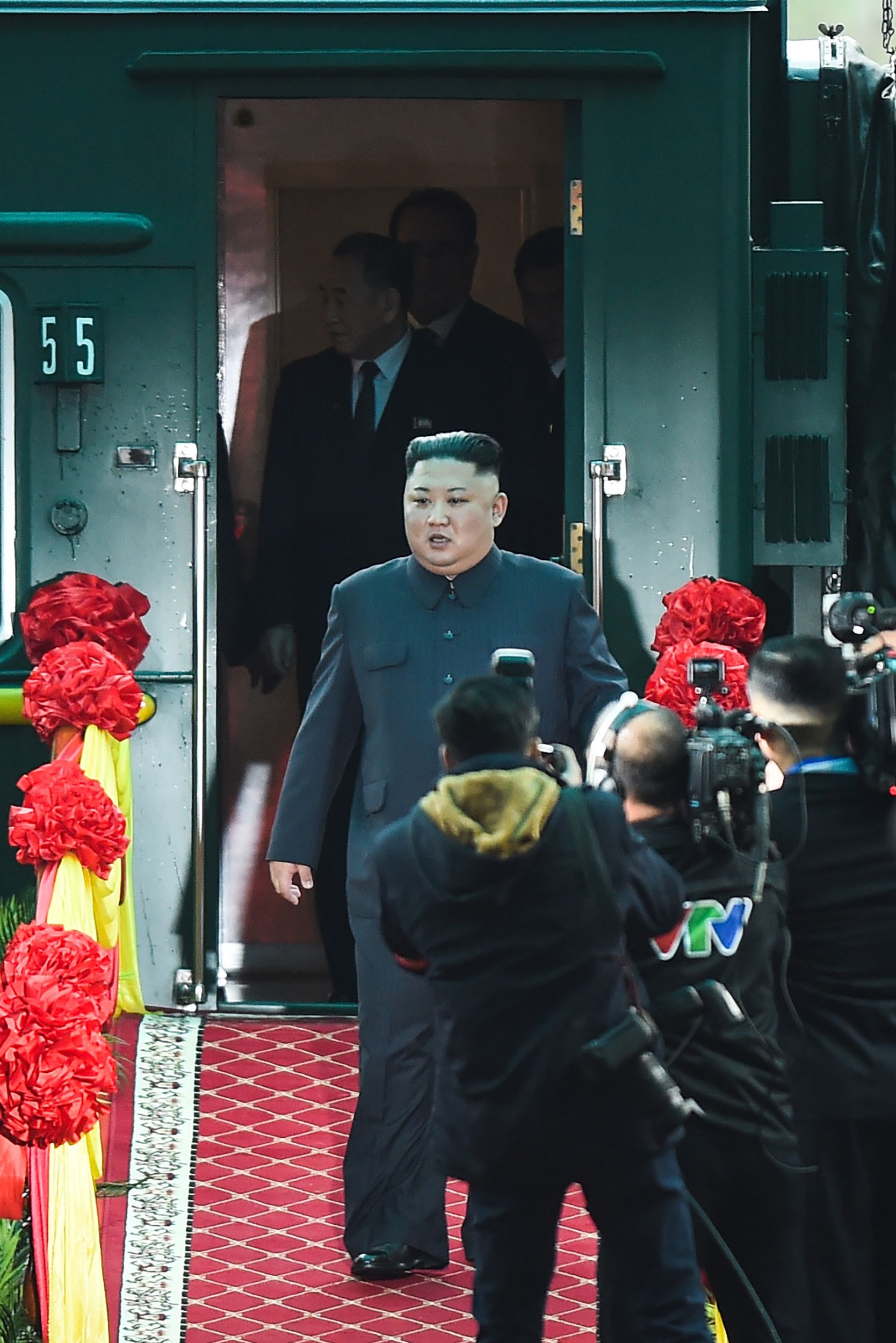
That process also failed to produce results. North Korea conducted a successful nuclear test detonation, violated the Nuclear Nonproliferation Treaty, and then withdrew from that treaty.
President Barack Obama chose not to engage directly with the North Koreans. He preferred to use U.S. and UN sanctions and pressure China to reign in Pyongyang. That too, failed, and North Korea was able to master uranium enrichment. Obama witnessed their first long range missile tests -- and a second nuclear test detonation of notably higher yield.
Unfortunately, normalization and denuclearization are dissonant goals.
By 2017, tensions in and around North Korea were extremely high as the North Koreans proceeded to rather brazenly miniaturize their warhead design and test fire more than a dozen ballistic missiles, including some fired towards and over Japan, and at least one intercontinental ballistic missile (ICBM) that can range the United States. These tensions, and the threat of war on the Korean Peninsula that the tensions produced, abated considerably thanks to the truly remarkable recent efforts of the South Koreans and the United States.
Trump assembled a global coalition, and stiffened their backbones with his resolve. His maximum pressure campaign deprived the North Korean people the benefits of international trade and denied Kim money to fund his arms program. Then, at the end of 2017, the South Korean President, Moon Jae In, made secret overtures to the North, broaching peace and reconciliation.
To his credit, Kim responded positively to both efforts, by proposing to send North Korean athletes to the 2018 Winter Olympics in Seoul, South Korea, and by initiating serious diplomatic overtures to Washington. This led to a remarkable summit between Moon and Kim in April 2018 and the historic summit in Singapore in June, 2018 between Trump and Kim.
Progress after the Singapore summit slowed after the United States pushed the North Koreans for a full declaration of their nuclear weapons program. According to most reports, Pyongyang responded angrily to this request. Why they did remains a topic of speculation.
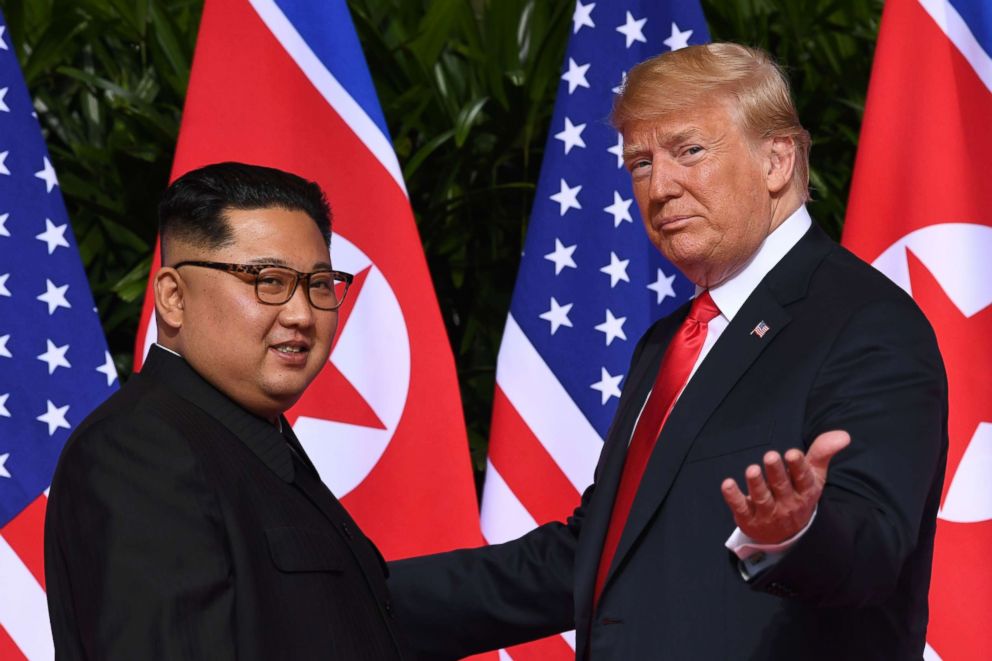
Nevertheless, the Singapore summit pulled us back from the brink of war. The North Koreans have not conducted any missile tests since then, nor have they conducted any nuclear test detonations. In addition, the North and South continued last year to make progress toward reconciliation with two more leader summits.
Trump assembled a global coalition, and stiffened their backbones with his resolve.
At the Singapore summit, “President Trump committed to provide security guarantees to the [North Koreans], and Chairman Kim Jong Un reaffirmed his firm and unwavering commitment to complete denuclearization of the Korean Peninsula,” according to the agreement. The two leaders also agreed to “build a lasting and stable peace regime on the Korean Peninsula.”
No timetables were set to meet the Singapore summit’s goals.
Meanwhile, sanctions have made a real difference. Kim wants relief and he promised economic growth to his people in his 2019 New Year’s Day speech. This gives Trump something with which to bargain. If Kim does not get relief, or cheat, he risks failing to deliver on his promise to his people.
Trump goes face to face with Kim in historic summit with North Korea
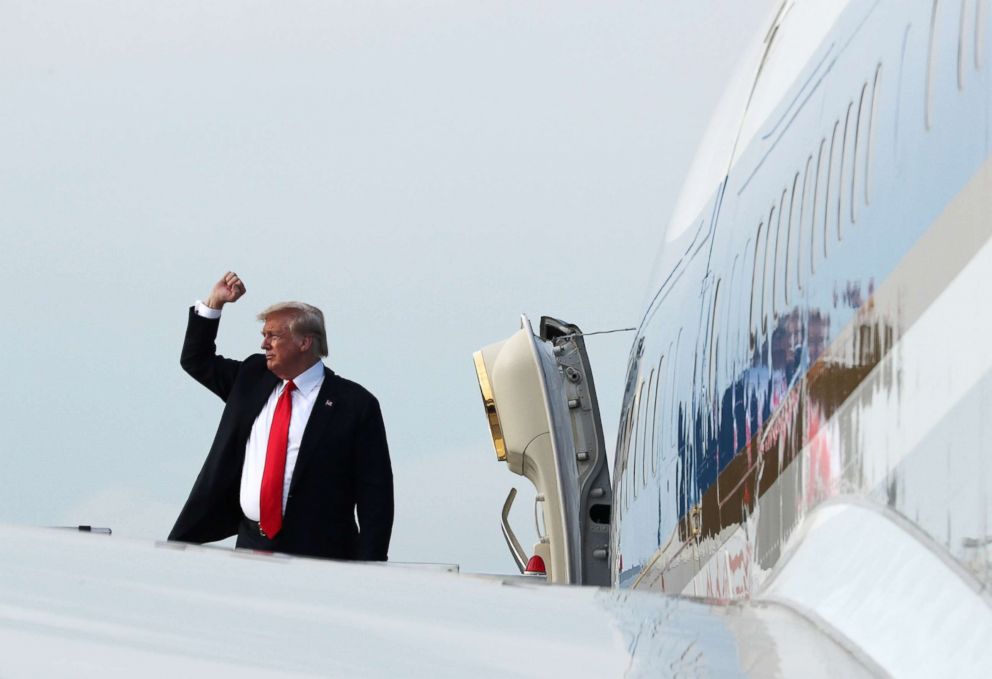
Even dictators prefer to avoid that when possible.
Unfortunately, normalization and denuclearization are dissonant goals. Last year, Moon agreed to explore re-opening the Kae Song industrial complex, which would employ many North Koreans. It would also remove pressure on Kim to deliver money to the people and government.
Moon’s strategy of incentivizing reconciliation could undermine the maximum pressure approach to denuclearization. Worse still, it could bankroll the weapons program.
If I were still advising the U.S. president, I would have two goals in mind this week in advance of the second summit.
First, lower expectations. This meeting will not magically produce normalization or denuclearization. The skeptics and cynics are all around the president and they will probably be proven right on this round. Trump need not feel pressure to post another big win. This is a long process and he has a lot to be proud of already.
If Kim does not get relief, or cheat, he risks failing to deliver on his promise to his people.
Second, maintain credibility. It seems time to deliver a get tough message to Kim and to restore the resolve of the coalition. Trump gained good will from Kim by praising him after the last summit. He also worried the coalition.
Trump might consider being brutally frank and transparent in emerging from these talks, using carefully-chosen words and being careful to acknowledge the limited value of any superficial or reversible gestures made by the North, no matter how positive they might seem.
Trump is representing the whole world in this effort, and every nation is anxious. Many have a lot to lose and understandable desires to depart the coalition or take unilateral steps in their own self-interest.
The South Koreans must be clear that pursuing reconciliation with sanctions exceptions as inducements -- or by reopening industrial complexes that allow money to flow to the North Korean people and their government -- is at odds with the primary objective of ridding the North of their illicit nuclear weapons program.
Japan must be reassured that we will still defend them and that we will not naively allow the North to string us along while secretly amassing an arsenal that would overwhelm the region -- or us.
China must be reminded of the threat that an unchecked nuclear North Korea would be and how costly a regional nuclear arms race will be if our efforts fail. And, everyone should remember the cost of nuclear proliferation if this problem persists.
No varnish this time.
The U.S. president must clearly articulate the strategy and time horizon after he leaves this meeting. His team will need that top cover to continue making progress.
Tom Bossert, an ABC News National Security analyst, is the former Homeland Security Advisor to President Donald Trump.
